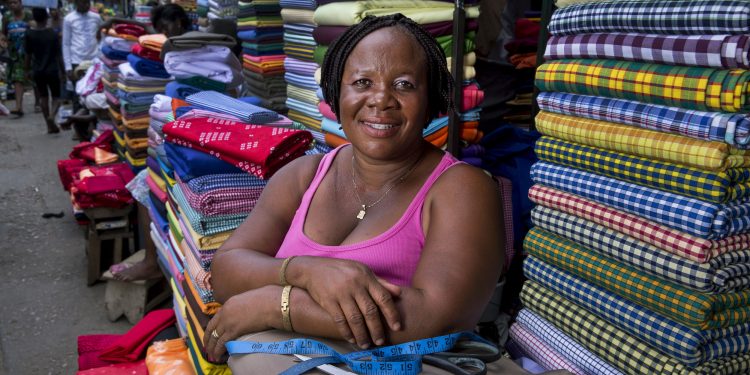Ghana: 100 businesses to benefit from the AfCFTA
Some one hundred (100) businesses in the country are expected to benefit from the African Continental Free Trade Area (AfCFTA) agreement.
This follows series of workshops and training programs organized for private sector players to understand the concept of the agreement.
The meeting with the private sector chief executives by the Ghana AfCFTA Coordinating Office provided the platform for many businesses to seek further clarification on the trade agreement, and the role of the Ghana AfCFTA Coordinating Office in ensuring a successful implementation of the deal.
After a careful deliberation with Custom Officials and stakeholders, Ghana has listed 6,000 goods and services with harmonized codes that are qualified to trade under the agreement.
Senior Technical Advisor at the national coordination office, Dr. Farid Authur, explains that with the listing of the over 6,000 goods and services Ghana is well prepared for trading under the continental trade pact.
“In fact not just for Ghana, but for all the other countries, in case of Ghana so far, I think the goods that we have liberalized comes up to about 6,000. So all these goods are there and so anybody interested can go into the portal and identify the specific goods, they have special codes which the traders use to identify the goods that they have,” he said.
“Some African countries are not ready but from the Ghanaian side, we are ready. We have named our competent authority which is Customs. We have designated a role for the Ghana Chamber of Commerce which has a task force that is ready to move. For Ghandour and Kasapreko, already these are traditional markets for them. So they are already trading in other even before we came on board,” he added.
Read: GPRTU embarks on a sit down strike action
According to the World Bank, the AfCFTA would significantly boost African trade, particularly intra-regional trade in manufacturing.
The volume of total exports would increase by almost 29 percent by 2035. Intra-continental exports would increase by over 81 percent, while exports to non-African countries would rise by 19 percent.
Intra-AfCFTA exports to AfCFTA partners, the World Bank predicts, would rise speedily, especially for Cameroon, Egypt, Ghana, Morocco, and Tunisia, with exports doubling or even tripling.
Of the real sectors of the economy, the manufacturing sector is expected to gain the most with 62 per cent increment in production activities followed with modest gains in the services sector and smaller gains in agriculture.
The African Continental Free Trade Area (AfCFTA) agreement creates the World’s largest free trade area in the world measured by the number of countries participating.
The pact connects 1.3 billion people across 55 countries with a combined gross domestic product (GDP) valued at US$3.4 trillion.
It has the potential to lift over 100 million people out of moderate and extreme poverty,








